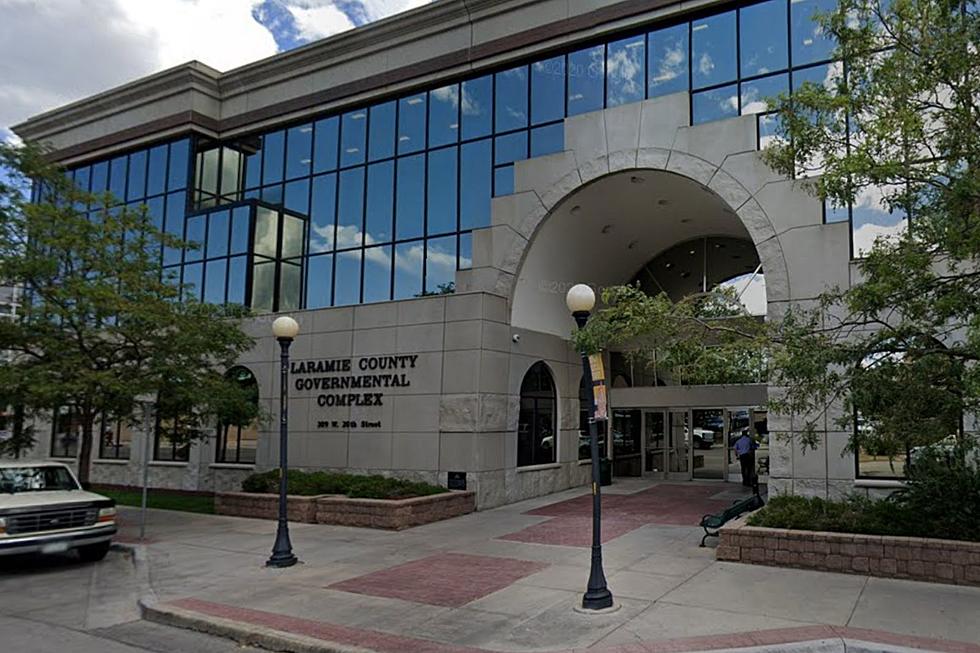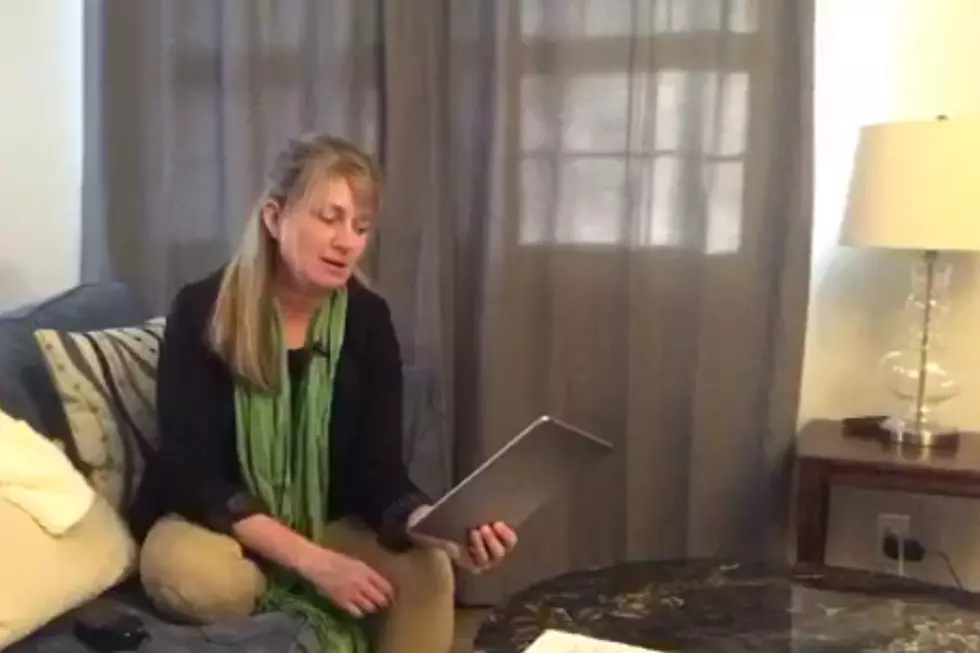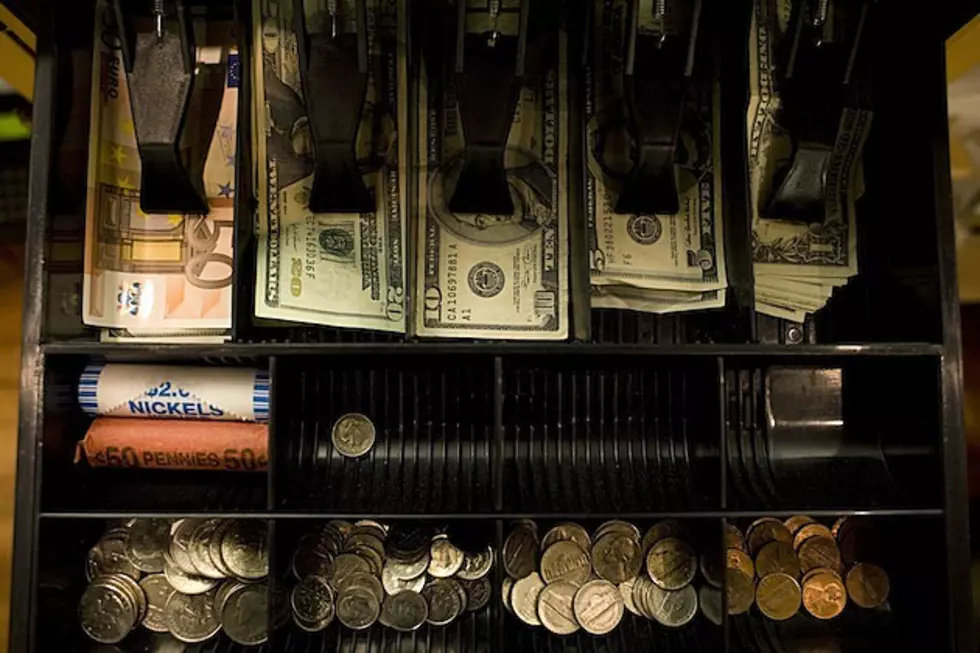
Cheyenne Mayor Supports Idea Of City-Only Tax Proposals On Ballot
Cheyenne Mayor Marian Orr says she is hoping state lawmakers will approve a proposal to let cities in the state propose ballot issues that would allow city voters to approve sales taxes to pay for city projects.
If it becomes law, the ballot proposals would be similar to ballot items that are currently put before voters as county-wide sixth-penny sales tax proposals. The difference would be that while the sixth-penny items are voted upon by the entire county, and if approved paid for by all county residents, the proposed law would limit the vote, as well as the payment of the taxes, only to city residents.
Mayor Orr says a similar bill was proposed in the 2015 legislative session but failed to win approval. She says she has spoken to lawmakers about revisiting the proposal, possibly with some changes in the language, and is hoping it will be reconsidered. The mayor says she is bringing up the issue after voters rejected repairs on a fire station in the city in the May sixth-penny sales tax election.
The fire station was bundled together with several other items as one proposal, including a proposed rec center. The mayor says the money to pay for the fire station renovations, so the goal is not to raise taxes to pay for that project. But she says the situation does highlight a problem that is likely to come up again.
But Laramie County Commissioner Linda Heath says she has some concerns about the idea of a city-only sales tax proposal. Heath says that while current sixth-penny ballots include a balance of items for both Cheyenne and Laramie County's smaller communities and rural areas, having city-only proposals put forward could bypass the county items.
She says the truth is that in most cases, towns such as Burns or Pine Bluffs simply don't have the tax base to pay for major projects without Cheyenne's much larger tax base also contributing. The commissioner says she is concerned that the proposal would lead to smaller communities being ''left out in the cold' on items that are currently paid for by sixth-penny sales tax funding.
More From KGAB









